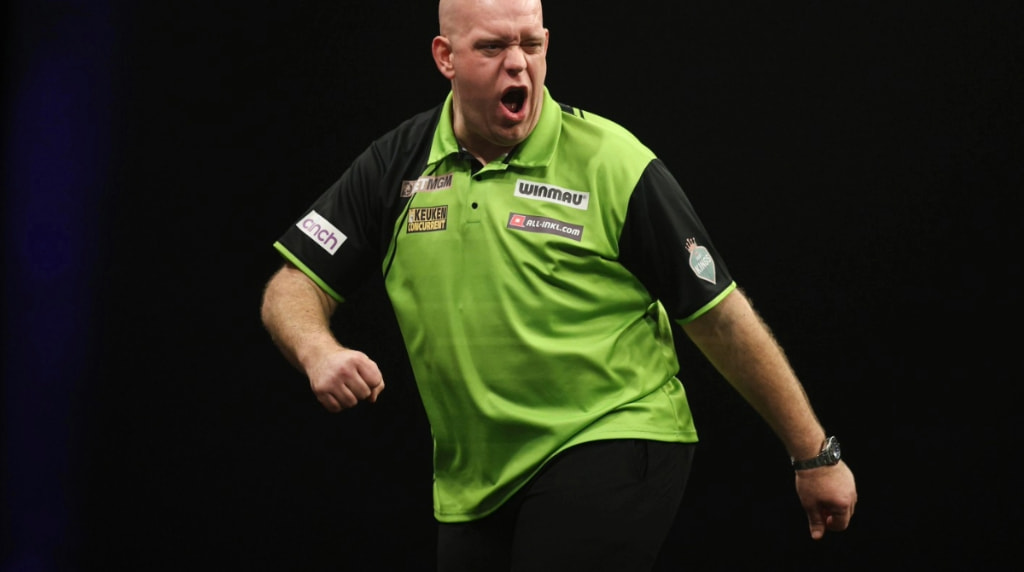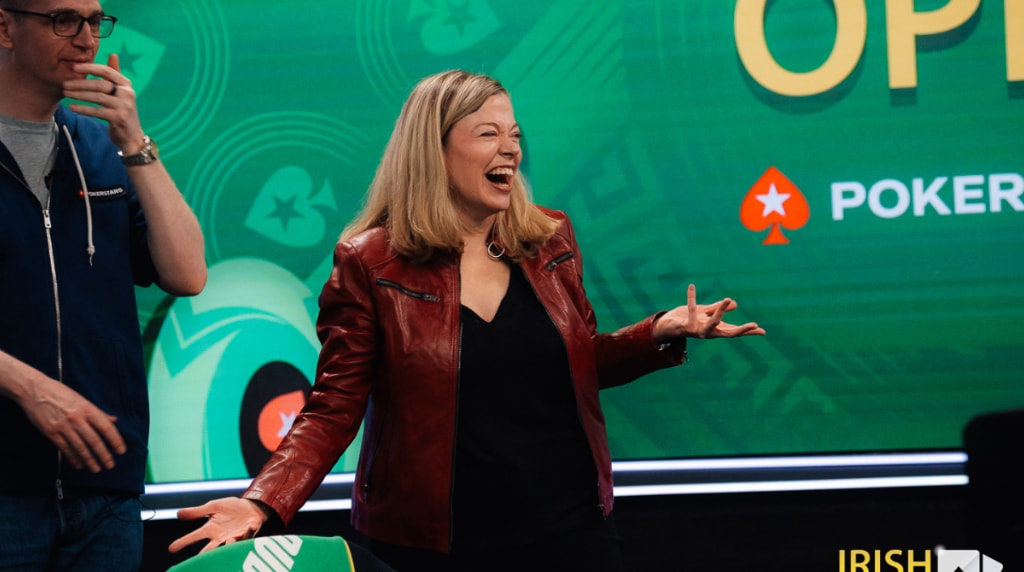France reports record betting activity due to the football World Cup
The French gambling authority, Autorité Nationale des Jeux (ANJ), has recorded the highest online sports betting activity in the nation’s history after the 2022 FIFA World Cup that took place in Qatar in November and December. The popularity of football in the country, coupled with the France national team making it to the finals of the tournament, was a major contributing factor behind the increased activity that saw French bettors wager almost €600m on online sports betting.

The activity was up more than 50% from during the World Cup. ©Johanna Buguet/Unsplash
The excitement and fervor surrounding the tournament, combined with the accessibility of online betting platforms, led to a significant increase in the number of bets placed on the games compared to the previous edition of the tournament. Bets worth a total of €597 million were placed. This sum was 56% higher than the total wagered amount in the French betting market during the 2018 FIFA World Cup, in which the nation lifted the trophy for the first time since 1998.
The football World Cup is arguably the biggest event in world sports, and the pinnacle in its own industry, ahead of the UEFA European Football Championship (Euro). The online sports betting markets in France were lively during the UEFA Euro 2020, but compared to the recent World Cup, the wagered amount was still 37% lower. Bets worth €38 million were placed during the 2018 FIFA World Cup final between France and Croatia. That record was shattered after a total of €51 million was wagered during the 2022 final between France and Argentina. During the month-long tournament, 177,000 new gambling accounts were created. In the previous edition of the tournament, four years ago, 232,000 accounts were made.
The number of bets recorded during the 2022 edition of the tournament was 54 million, which was twice as high as the number reported in 2018. The unit bet amount of €11 this time around was less than that of 2018. The average stake amount in 2018 and 2022 was constant at €234. About 2.2 million unique players were involved in online sports betting via 2.6 million accounts. However, most bettors may not have enjoyed their experiences, as 70% of the accounts were negative. 23% of the accounts were positive, and 6% were evenly balanced. Just 1% of the 2.6 million accounts made ten times their stakes. A little more than half of the new bettors were in the age bracket of 18 to 24 years.
The Gross Gaming Revenue
While the total wagered amount was €597 million, the ANJ confirmed a Gross Gaming Revenue (GGR) of €70 million. Online sports betting recorded a 2.5% spike in 2022. 7.2% of the total wagers of 2022 came in the form of bets that were placed in the World Cup. In 2018, the World Cup was responsible for 10% of the total bets. According to the ANJ, there are two reasons behind this drop. Firstly, the number of newly created player accounts in 2018 was significantly higher than what was recorded in 2022. Secondly, the existing players who were active even before the commencement of the World Cup not only bet on that tournament but were seen wagering across different football competitions and, in some cases, different sports.
Based on these two events, the figures recorded for 2022 can be justified. In addition to that, the French Gambling Authority has not yet released the revenue reported by the country’s only lottery operator Francaise des Jeux (FDJ). Apart from being the sole lottery operator in France, FDJ is also the nation’s leading sports betting operator which is ranked second highest in Europe and fourth globally.
Implementation of Preventive Campaigns
With many fans rooting for their national team and its players, the World Cup provided a prime opportunity for sports betting enthusiasts to showcase their knowledge and win big. The record-breaking online sports betting activity in France during the world’s biggest football competition highlighted not just the popularity of the tournament but also the increasing trend of online betting. The increasing numbers are beneficial for the regulated betting markets of France, but at the same time, issues related to harmful gambling can also rise simultaneously.
Building up to the mega event, the French Gambling Authority ran three harmful gambling prevention campaigns with the assistance of Sante Publique France and the Seine-Saint Denis General Council. In these campaigns that were running for the first time in the nation’s gambling history, the authority spread awareness by connecting with the masses using several different approaches. One of the campaigns was aimed exclusively at French nationals who are involved or intend to participate in sports betting.
According to the ANJ, almost half of the total population of France saw these prevention campaigns run leading up to the World Cup and even while it was ongoing. More than seven out of ten gamblers were aware of these campaigns, and 82% of them thought they were useful. Almost half of the French gambling audience that knew about these campaigns thought there should have been more campaigns to tackle the serious problem of harmful gambling.
The Advertising Regulations
Several gambling authorities worldwide released notices for their operators to keep their promotional activities low. In many countries, advertising gambling directly or via influencers and celebrities is against the law. In France, the ANJ had also communicated with all licensed operators about reducing sports betting advertising building up to the World Cup.
Advertising and promotional activities for gambling and sports betting were rampant during the UEFA Euro 2020. Keeping that in mind, the French regulator devised a two-part plan to avoid a repeat of the 2021 advertising fiasco. This plan comprised directives for advertising content and recommendations for reducing promotional activities. Commitment charters to moderate advertising were signed by advertising agencies, audio-visual professionals and licensed operators in France.
As a result, the tonality of the ads changed, and they were reportedly less aggressive compared to the ones that ran during the European Championships in 2021. Additionally, the French Gambling Authority audited the country’s four major sports betting operators to verify their compliance according to the charter. The results will come shortly after the ongoing check is complete.
The Chairwoman of the ANJ, Isabelle Falque-Pierrotin, spoke about how the authority used every arrow in its quiver to reduce advertising pressure and how additional measures will be introduced to reinforce regulation.
“The regulatory mechanism set up by the ANJ in the run-up to the World Cup made it possible, with the tools at its disposal, to contain advertising pressure, and the operators generally played along. Nevertheless, this pressure remains strong and concerns the regulator, in a context where the latest OFDT studies show an increase in excessive gambling. The ANJ is therefore considering additional measures that it will propose to the public authorities in the coming months to strengthen the supervision of gambling advertising.”



